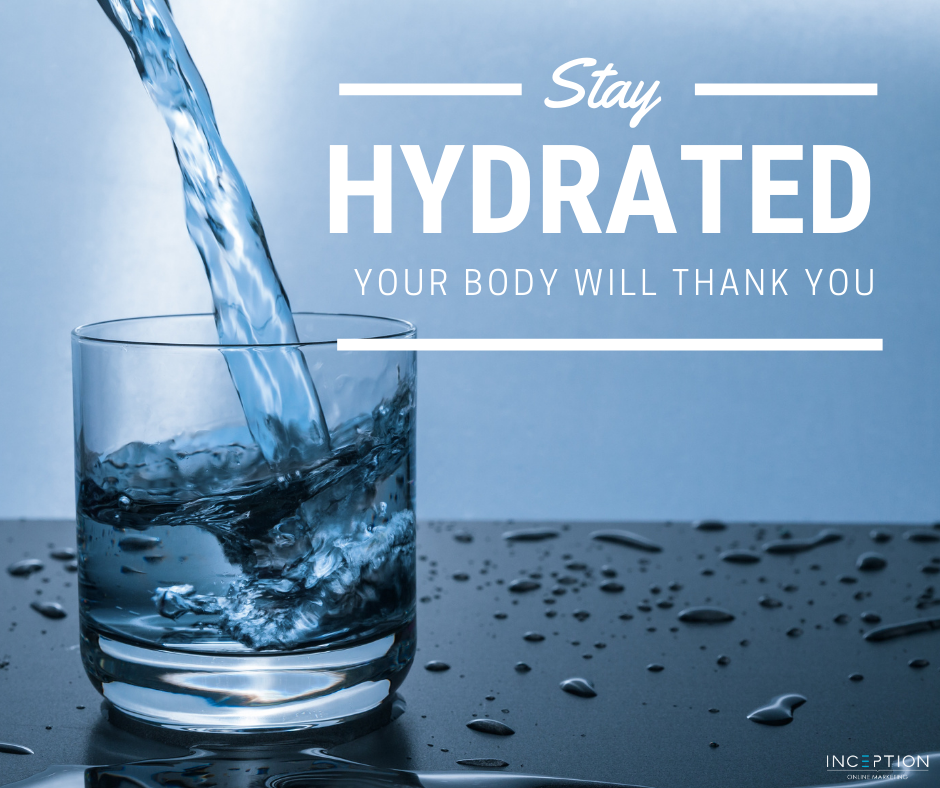
💧 Dehydration After 50 Why Older Adults Need to Drink Smarter
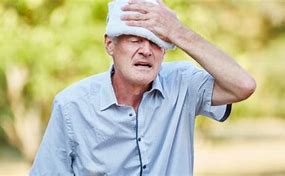
Age Related Dehydration. So then, we often hear “drink more water,” but for many older adults, staying hydrated isn’t just about comfort. However, it’s about protecting your brain, body, and independence. As a result, Dehydration is a common but preventable problem that can seriously affect health as we age.
And in this post, we’ll explore why hydration matters more as we get older, what signs to watch for, and how to stay properly hydrated without overdoing it.
📜 A Quick History: Age Related Dehydration

Age Related Dehydration. Here, historically, dehydration in older adults was brushed off as “just part of getting older.” But in recent decades, medical researchers have discovered that age-related changes in the body make it easier for older people to become dehydrated. And harder to bounce back.
As a result, Dehydration is now known to be a leading cause of hospital admissions for older adults. Also, often triggered by illness, heat, medication, or simply not drinking enough fluids.
🧠 Why Hydration Is So Important as You Age

Age Related Dehydration. So then, as we get older, our bodies go through several changes that affect how we sense and process water:
- Thirst sensation weakens – you may not feel thirsty even when your body needs water
- Kidneys become less efficient – making it harder to retain the right balance of fluids
- Body water content decreases – meaning less “backup” water to draw on
- Medications – diuretics or blood pressure meds can lead to fluid loss
- Mobility issues or memory problems – may prevent regular drinking
Without enough fluid, your organs, especially your brain and heart, have to work harder. However, hydration affects everything from energy levels and balance to memory and digestion.
⚠️ Signs and Symptoms of Dehydration in Older Adults
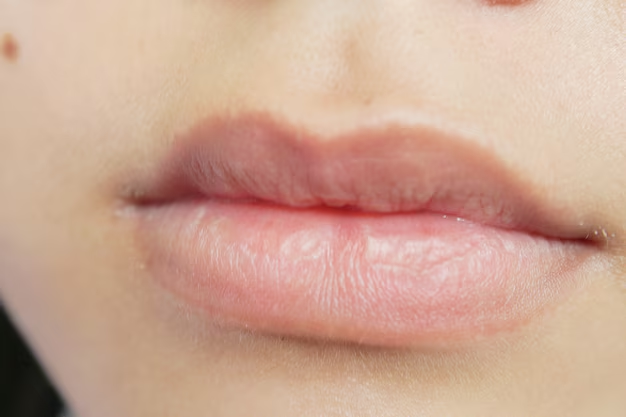
Age Related Dehydration. But, Dehydration can sneak up quietly. It’s not always about being thirsty.
Watch out for these common warning signs:
- Dry mouth or cracked lips
- Headache or light-headedness
- Dark yellow urine or reduced urination
- Muscle cramps
- Fatigue or confusion
- Constipation
- Dizziness when standing
- Dry, papery skin
- Rapid heartbeat
🚨 In severe cases, dehydration can cause confusion, falls, urinary tract infections, or even hospitalisation.
💡 How Much Should Older Adults Drink Each Day?

Age Related Dehydration. There’s no one-size-fits-all number, but a good general target for older adults is:
1.5 to 2 litres (6–8 cups) of fluid per day
This includes all sources of fluid — not just plain water. Soups, herbal teas, milk, and water-rich foods (like cucumber or melon) all count.
🚫 However, if you have heart failure or kidney disease, your doctor may recommend fluid limits — always follow their guidance.
🥤 What Should You Drink?
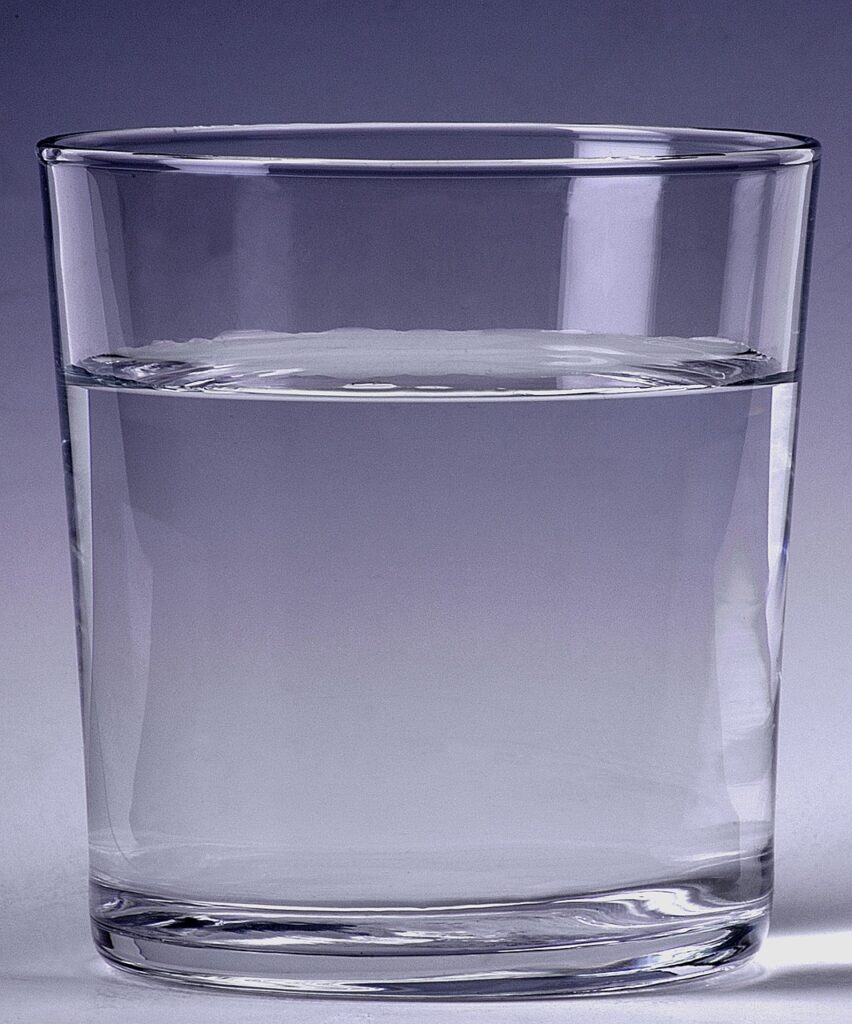
Age Related Dehydration. For example, the best fluids for older adults are those that hydrate without adding too much sugar, caffeine, or salt.
✅ Good Choices:
- Plain water (still or sparkling)
- Herbal teas (e.g., chamomile, peppermint)
- Diluted fruit juices (¼ juice, ¾ water)
- Milk or fortified plant-based milk
- Broths or clear soups
- Electrolyte drinks (low-sodium versions, especially during illness or heat)
⚠️ Limit:
- Sugary sodas or sweetened drinks
- Excess coffee or black tea (mild diuretic effect)
- Alcohol (causes fluid loss)
💡 Tip: Keep a water bottle near your favourite chair or walking area — visual reminders help!
🧃 Foods That Hydrate
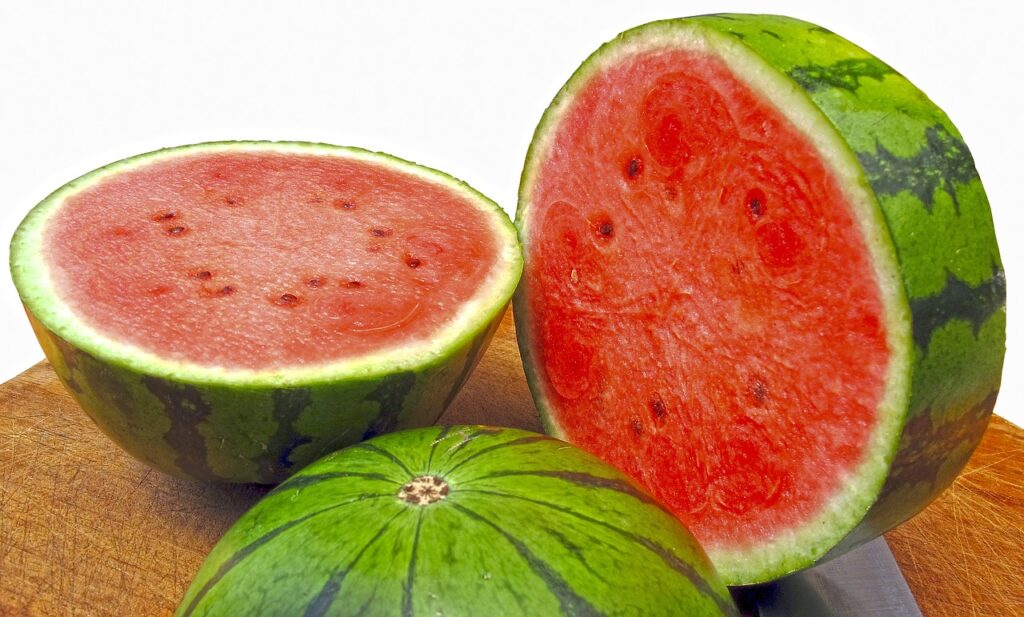
Age Related Dehydration. Consequently, you don’t have to drink everything — some foods are great fluid sources too:
- 🥒 Cucumber
- 🍉 Watermelon
- 🍊 Oranges
- 🥬 Lettuce/spinach
- 🍓 Strawberries
- 🥣 Soups and stews
- 🍦 Ice lollies or frozen fruit
These also provide vitamins, fibre, and antioxidants — a win-win!
🧴 7 Smart Tips to Stay Hydrated Daily
- Start your day with a glass of water
- Drink small amounts regularly (don’t chug all at once)
- Set reminders on your phone or use a hydration app
- Keep fluids within reach
- Use a straw or insulated bottle to make drinking easier
- Drink during meals to boost digestion
- Add flavour with lemon, mint, or fruit slices if plain water feels boring
💬 Final Thoughts: Sip Steady to Stay Strong
Age Related Dehydration. Subsequently, hydration may sound simple, but for older adults, it’s one of the most powerful health habits you can master. Furthermore, it helps your mind stay sharp, your balance stays steady, and your body stay energized.
So then, if you’re feeling tired, forgetful, or off balance — don’t just reach for another snack or pill. In this case, start with a sip of water. Your body will thank you.
Pensioner Fitness – Helping You Stay Strong, Steady, and Self-Reliant
DONATE
DONATE
Pensioner Fitness
Pensioner Fitness Awards
THE BUSINESS CONCEPT, BEST IN BUSINESS AWARDS
- “MOST INSPIRING SENIOR WELLNESS WEBSITE 2023“
THE GLOBAL HEALTH AND PHARMA, FITNESS AND NUTRITION AWARDS
2. “BEST SENIOR FITNESS AND NUTRITION SPECIALIST 2023“
THE MIDDLE EAST AND AFRICA BUSINESS AWARDS
3. “ MOST INCLUSIVE FITNESS PROVIDER 2023″
THE CORPORATE LIVE WIRE GLOBAL AWARDS 2023/2024
4. ” FITNESS ADVISORY PLATFORM OF THE YEAR“ 2023/2024
In Conclusion
As summer temperatures rise to dangerous levels. Here, heat waves become a significant public health concern, particularly for older adults. As a result, seniors face a heightened risk of heat-related illnesses such as heat exhaustion, heat stroke, and dehydration. Also, along with the potential worsening of chronic medical conditions. For example, understanding why elders are more vulnerable and how to safeguard them is essential in preventing serious health complications during extreme heat events.
For instance, one of the primary reasons older adults are more susceptible to heat-related dangers is the natural decline in the body’s ability to regulate temperature. Therefore, as people age, their sweat glands become less efficient, and their sense of thirst diminishes, making it harder to stay cool and hydrated. In addition, many seniors have chronic health conditions such as heart disease, diabetes, or respiratory issues, which can be exacerbated by extreme heat. Hence, certain medications, including diuretics, blood pressure drugs, and antidepressants, can further impair the body’s response to heat. Thus, increasing the risk of dehydration and overheating.
Important Note *
Remember that everyone is different, it is ultimately YOUR RESPONSIBILITY to find what your body responds to. So please do your due diligence before trying anything new, including getting Medical Advice to ensure your safety and peace of mind.
Connect with me and leave a comment
One reply on “Age Related Dehydration”
Thanks Allan and team we are go grateful.
Sarah